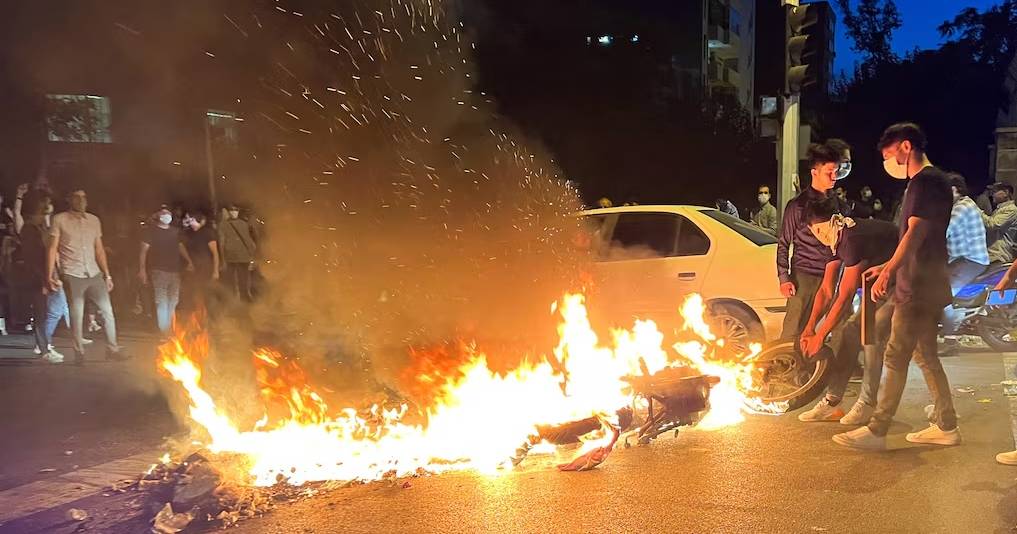
Similar Posts
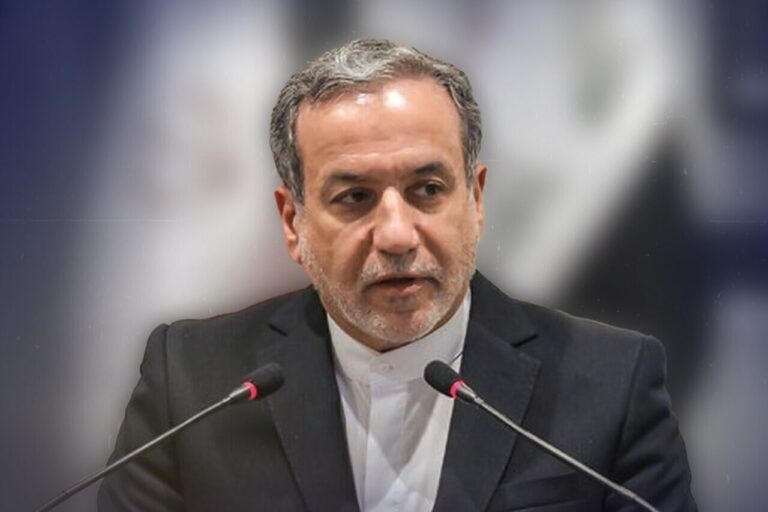
Iran’s Foreign Minister Araqchi Warns: Swift Retaliation for Any Attacks Ahead!
Iranian Foreign Minister Abbas Araqchi stated that Iran will take decisive actions to protect its interests and citizens amid rising tensions with Israel. He expressed concern over leaked U.S. information about Israeli plans for an unlawful attack on Iran’s nuclear facilities, calling for immediate condemnation from the UN Security Council and the International Atomic Energy Agency (IAEA). Araqchi urged the international community to implement preventive measures against Israeli threats, warning that Iran may respond more forcefully if these threats continue. He criticized Israeli Prime Minister Netanyahu as a “Wanted War Criminal,” emphasizing Iran’s commitment to national security.
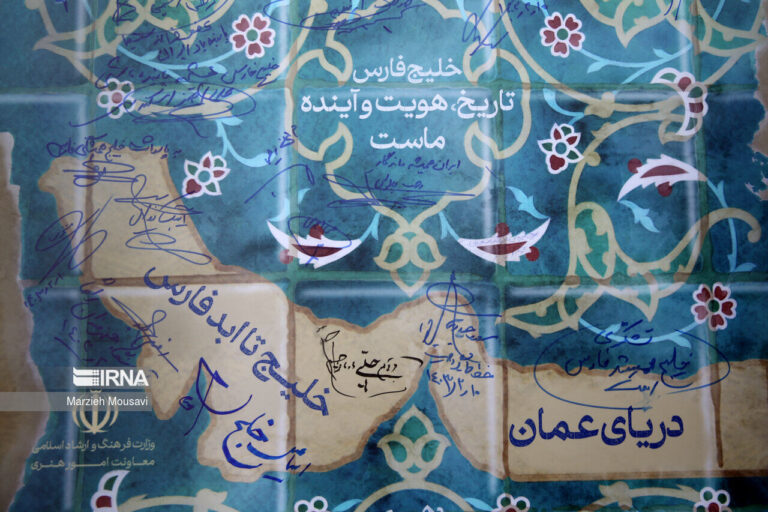
Judiciary Official Warns: Distorting Persian Gulf’s Name Threatens Iran’s Historical Identity
Nasser Seraj, Iran’s Judiciary deputy for international affairs, has reaffirmed the importance of the Persian Gulf’s historical name, warning that any attempts to change it would be seen as provocative. He emphasized that such actions violate human rights and attack Iranian cultural identity, stating the Persian Gulf is integral to Iranian history. Seraj described these attempts as politically motivated and anti-Iranian, while acknowledging Iran’s acceptance of other regional names. He praised the Iranian people’s unity and protests against these distortions and cautioned that misnaming the Persian Gulf by platforms like Google could damage their credibility.
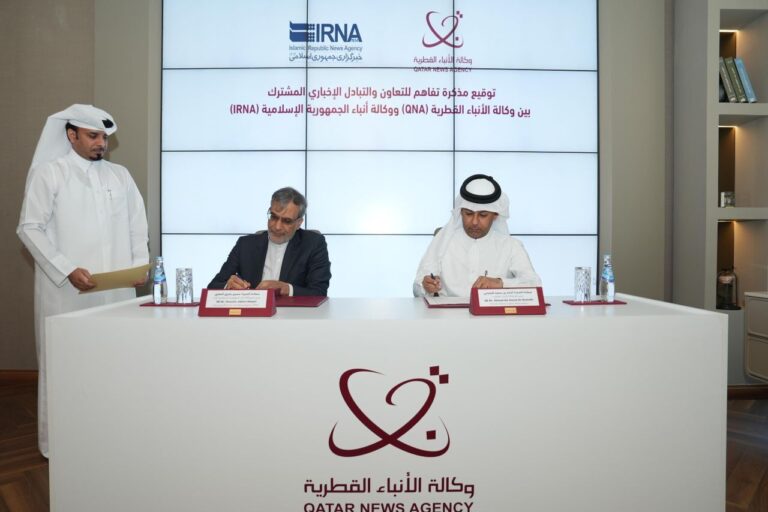
IRNA and Qatar’s QNA Forge Strategic Media Partnership with New MoU Signing
Hossein Jaberi-Ansari, CEO of the Islamic Republic News Agency (IRNA), and Ahmed bin Saeed Al Rumaihi, Director-General of Qatar News Agency (QNA), have signed a memorandum of understanding (MoU) in Doha to enhance media collaboration. The agreement aims to strengthen news-sharing, improve coordination in media affairs, and facilitate the exchange of content between the agencies. It also supports journalists from both nations in each other’s territories. The event, attended by Iranian Ambassador Ali Salehabadi, highlighted strong Tehran-Doha relations and the importance of implementing the MoU. Jaberi-Ansari also toured QNA’s facilities, focusing on education and artificial intelligence projects.
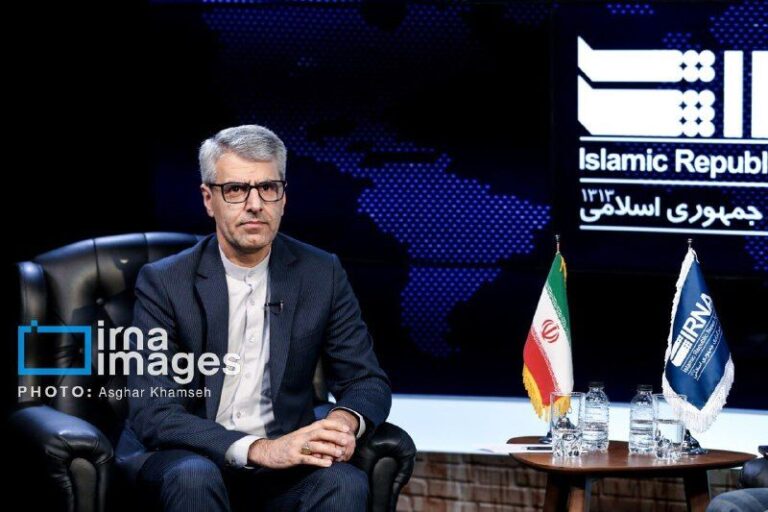
Iran to Confront U.S. Sanctions and Contradictory Policies in Upcoming Talks, Says Foreign Ministry Spokesperson
Iran’s negotiating team is addressing the U.S.’s conflicting positions and ongoing sanctions in crucial talks aimed at fostering stable diplomacy. Foreign Minister Abbas Araqchi has arrived in Rome for the fifth round of indirect negotiations with U.S. envoy Steve Witkoff, mediated by Oman. Previous discussions occurred in Muscat and Rome, showcasing Oman’s facilitative role. Araqchi’s delegation includes key diplomats and experts. Prior to his trip, he emphasized on social media that a successful deal hinges on Iran’s nuclear conditions, stating, “Zero nuclear weapons = we DO have a deal,” highlighting Iran’s firm negotiation stance.
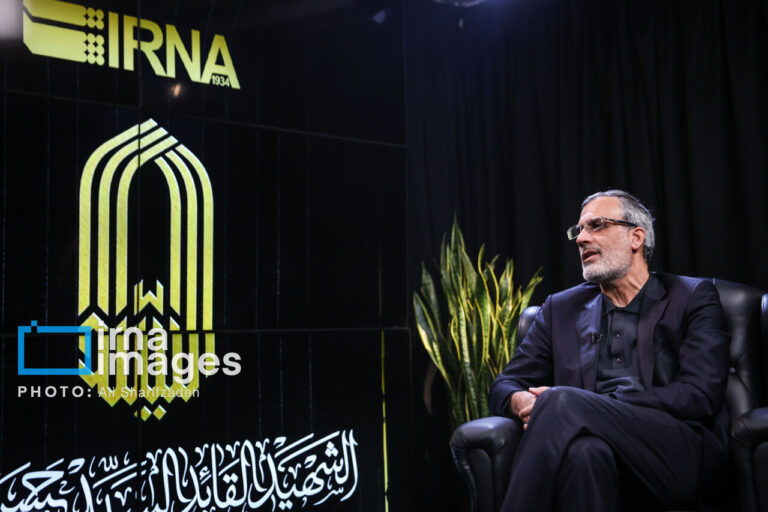
IRNA CEO Honors Martyr Nasrallah: A Remarkable Leader with Extraordinary Qualities
Tehran, IRNA – The CEO of the Islamic Republic News Agency, Hossein Jaberi Ansari, recently reflected on the influential leadership of Hezbollah’s late leader, Sayyed Hassan Nasrallah, during a video program titled Nasr-e Mandegar. Ansari emphasized Nasrallah’s charisma, political strategy, and skilled oratory, sharing personal experiences from numerous meetings over two decades. He noted the profound impact of Nasrallah’s speeches and his ability to inspire loyalty. Ansari described Nasrallah as a unique leader, combining diverse traits and possessing a sharp political insight that distinguished him in the region. His reflections highlight the enduring legacy of Nasrallah’s leadership.
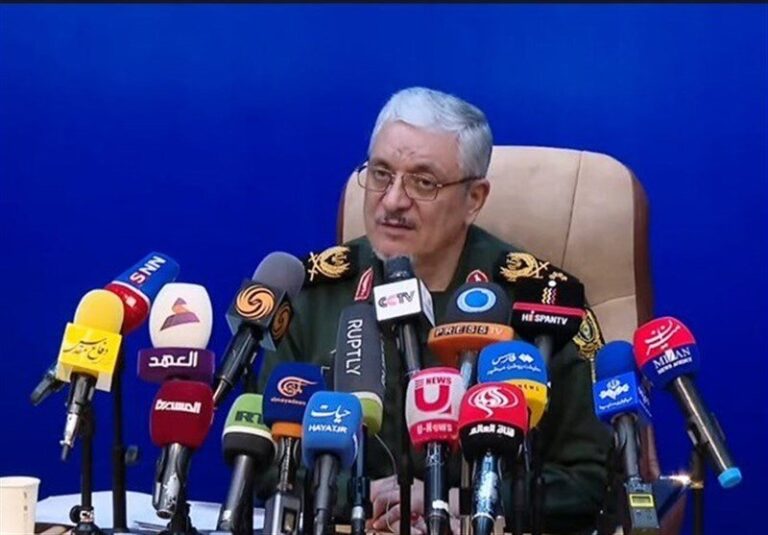
Iran Poised to Ratify Just Two Key Protocols of the CCW: Implications and Insights
Brigadier General Reza Talaee Nik, spokesperson for Iran’s Defense Ministry, discussed Iran’s potential accession to the Convention on Prohibitions or Restrictions on Certain Conventional Weapons (CCW). The Iranian Parliament is drafting a bill for this purpose, focusing on ratifying Protocol I (banning non-detectable fragments) and Protocol V (addressing explosive remnants of war). Talaee Nik emphasized the importance of careful examination of the bill and assured that it would not affect Iran’s current military capabilities. This move aims to enhance Iran’s international reputation and commitment to humanitarian principles while balancing military readiness with global standards.